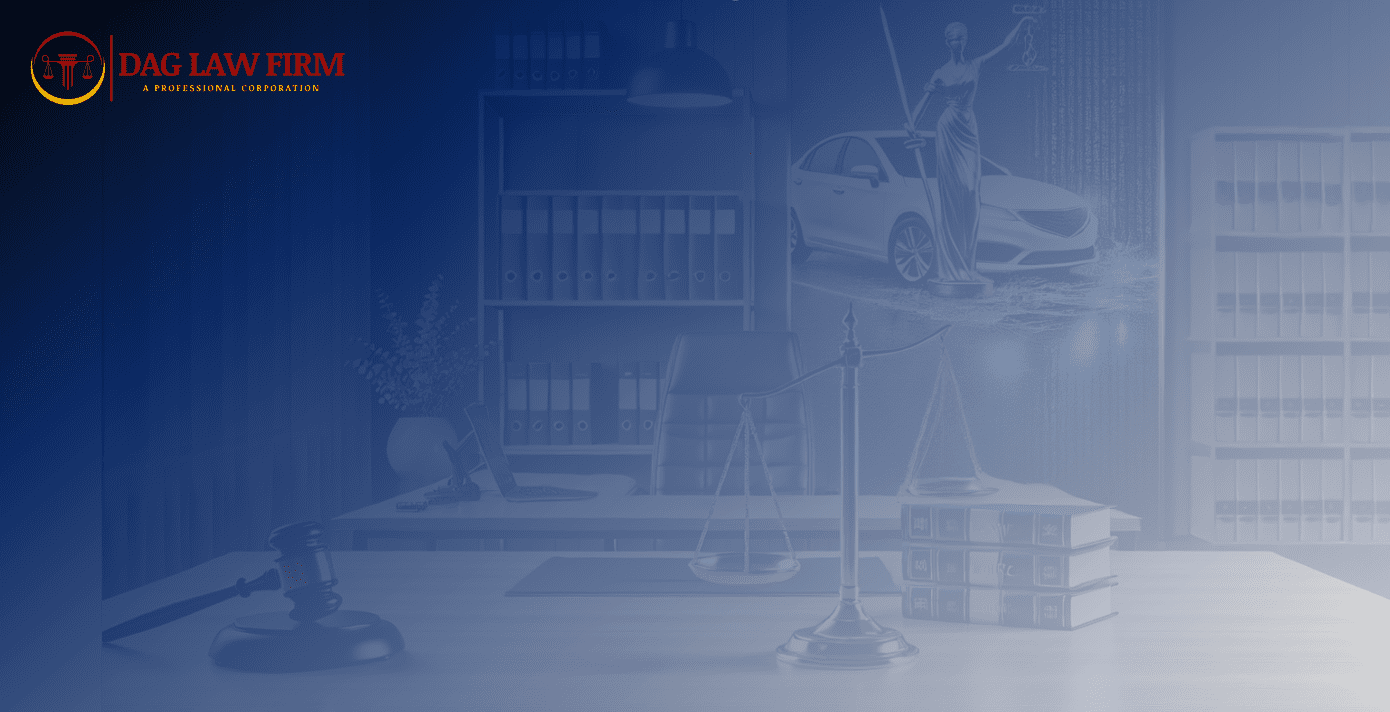Understanding Negligence in Personal Injury Claims
DAG Law Firm brings extensive expertise to handling personal injury and accident claims, offering unparalleled guidance, counseling, and securing financial compensation for our clients. With a deep acknowledging of the complexities involved, we provide personalized support every step of the way, ensuring you fully comprehend each aspect of the legal process. Whether you seek advice or action, count on us to represent your interests and address your distinct needs with unwavering dedication and diligence.
Negligence is a critical aspect of personal injury cases, and acknowledging its implications can significantly impact the outcome of your claim. From the bustling streets of Carson to the vibrant neighborhoods of Los Angeles County, California, the question arises: Can you waive negligence and still pursue a personal injury claim? This comprehensive guide aims to answer this crucial question and provide valuable insights into navigating the intricate legal landscape of personal injury law.
Exploring Negligence in Personal Injury Cases
Negligence lies at the heart of many personal injury claims. In the context of personal injury law, negligence refers to a failure to exercise reasonable care, resulting in harm to another person. When someone’s negligence causes an accident or injury, the injured party may be entitled to seek compensation for their losses. Let’s delve deeper into the elements that define negligence in a personal injury case:
– Duty of Care: Establishing that the defendant owed a duty of care to the plaintiff is the first step in proving negligence. This duty of care varies depending on the specific circumstances and the relationship between the parties involved.
– Breach of Duty: Once duty of care is established, the focus shifts to determining whether the defendant breached that duty by failing to act as a reasonable person would under similar circumstances.
– Causation: The plaintiff must demonstrate that the defendant’s breach of duty directly caused the injuries or damages suffered. This requires establishing a clear link between the defendant’s actions or inactions and the harm experienced by the plaintiff.
– Damages: Finally, the plaintiff must prove that they suffered actual damages as a result of the defendant’s negligence. These damages can include medical expenses, lost wages, pain and suffering, and other tangible losses.
Can Negligence Be Waived in a Personal Injury Claim?
Knowing the possibility of waiving negligence in a personal injury claim is crucial for anyone seeking legal recourse after an injury. While negligence is a fundamental concept in personal injury law, it’s essential to explore the circumstances under which it can be waived or overcome:
– Comparative Negligence: In some states, including California, the legal principle of comparative negligence comes into play. This concept acknowledges that both parties involved in an accident may share some degree of fault. Under comparative negligence, the compensation awarded to the injured party is reduced in proportion to their degree of fault. However, even if the injured party is found to be partially at fault, they can still pursue a claim and receive compensation.
– Assumption of Risk: In certain situations, the defendant may argue that the plaintiff assumed the risk of injury when engaging in a particular activity. This defense is commonly raised in cases involving recreational activities, sports, or other inherently risky endeavors. However, successfully invoking the assumption of risk defense requires meeting specific legal criteria.
– Waivers and Releases: Some activities or events may require participants to sign waivers or releases, absolving the organizers or entities from liability in the event of an injury. While these waivers may limit an individual’s ability to seek compensation, they are not absolute protections for the party seeking to avoid liability. The enforceability of waivers and releases can be subject to legal scrutiny and may be challenged under certain circumstances.
Legal Counsel in Personal Injury Cases
Navigating the complexities of negligence, liability, and compensation in personal injury cases demands sound legal representation. Here’s where DAG Law Firm comes in, offering invaluable support and advocacy:
– Thorough Case Evaluation: Our experienced legal team conducts a comprehensive assessment of each case to determine the presence of negligence, explore potential defenses, and outline the best course of action for securing the compensation our clients deserve.
– Strategic Guidance: We guide our clients through every step of the legal process, providing a clear acknowledging of their rights and options. Our team’s unwavering dedication ensures that our clients make informed decisions that align with their best interests.
– Aggressive Representation: When pursuing compensation for our clients, we leave no stone unturned. Our assertive advocacy aims to hold negligent parties accountable and secure meaningful financial recovery for our clients’ losses.
Conclusion: Schedule an Appointment Today
As a personal injury victim, acknowledging the nuances of negligence and its potential impact on your claim is pivotal. At DAG Law Firm, we are committed to standing by your side, offering steadfast support, and leveraging our expertise to pursue the compensation you deserve. Schedule an appointment today and take the first step toward regaining stability and justice in the aftermath of your injury.



